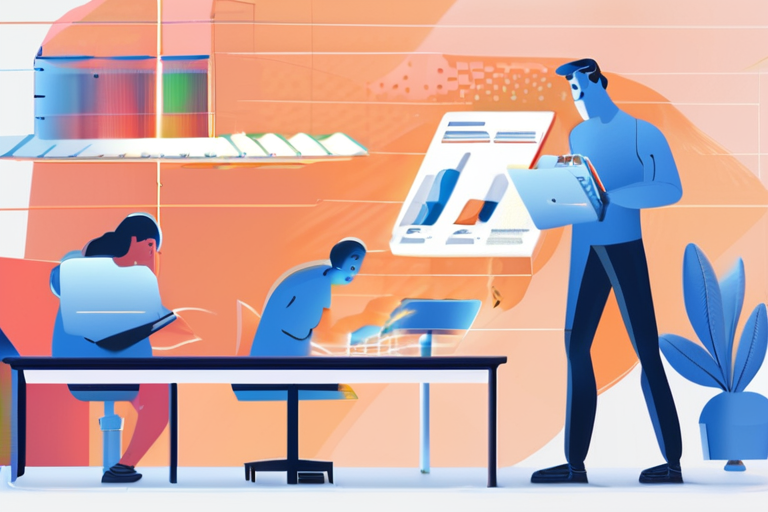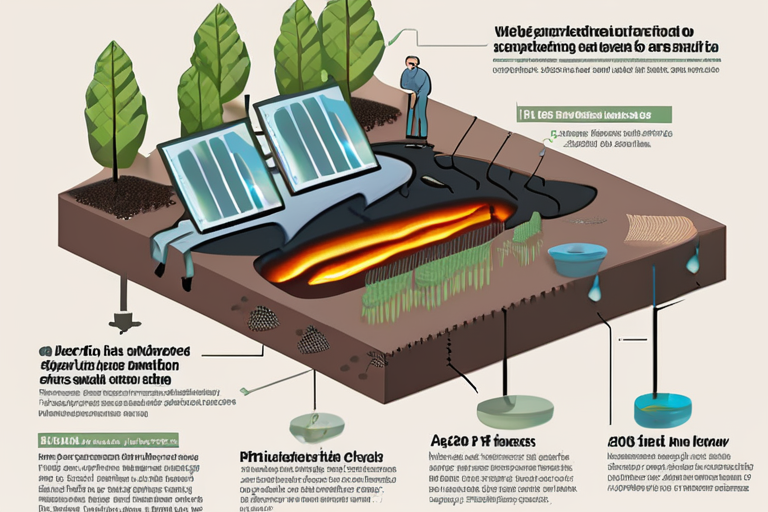Developer Tools Revolution: 75% of Startups Rethink Early Product Development with AI-Powered Innovation


Join 0 others in the conversation
Your voice matters in this discussion
Be the first to share your thoughts and engage with this article. Your perspective matters!
Discover articles from our community

 Hoppi
Hoppi

 Hoppi
Hoppi

 Hoppi
Hoppi

 Hoppi
Hoppi

 Hoppi
Hoppi

 Hoppi
Hoppi

Over 36 Billion Pounds of Good Produce Wasted Annually: A "Whole Harvest" Solution Can Help The United States food industry …

Hoppi

Trump Administration Imposes $100,000-Per-Year Fee for H-1B Visas In a move that could have far-reaching implications for the tech industry, …

Hoppi

Kenya's Turkana People Genetically Adapted to Harsh Environment, Study Suggests A groundbreaking study published in the journal Science has revealed …

Hoppi

Egyptian Authorities Reveal Shocking Theft of 3,000-Year-Old Gold Bracelet CAIRO, EGYPT - In a stunning revelation, Egypt's interior ministry announced …

Hoppi

Biochar's Secret Power Could Change Clean Water Forever A groundbreaking discovery by scientists at Shenyang Agricultural University has revealed that …

Hoppi

Breaking News: Stephen Miller Escalates Rhetoric After MAGA Activist Shooting Stephen Miller, Deputy Chief of Staff for Policy under Donald …

Hoppi